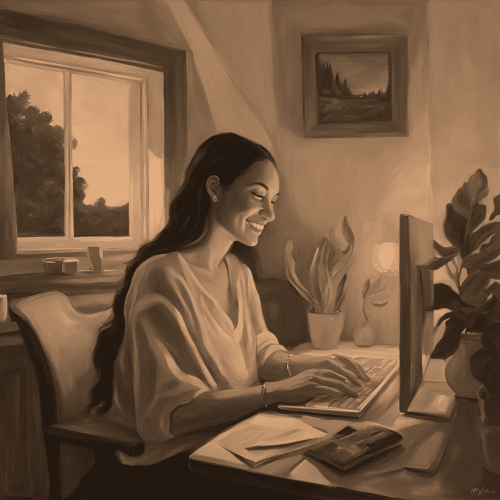Looking back on my educational journey, I can’t help but wonder how different it might have been if personality mapping had been a thing during my school years. As a young professional who’s dealt with various learning environments—from high school and college to professional development courses—I’ve come to appreciate the importance of understanding how we each learn best. Personality mapping in education isn’t just another buzzword; it’s a practical approach to making learning more effective and, dare I say, enjoyable for students of all ages.
So, what exactly is personality mapping in an educational context? Imagine if, instead of being handed a standard syllabus, you received a personalized learning roadmap based on your unique traits and preferences. Are you the type who thrives on group discussions, or do you prefer diving deep into topics on your own? Do you learn best through visual aids, or are you more of an auditory learner? These aren’t just quirky traits—they’re valuable insights that can shape how information is presented to you. As someone who’s always been a visual learner, I can attest to how much easier it is to grasp complex concepts when they’re presented in a way that aligns with my natural tendencies.
In practice, implementing personality mapping doesn’t have to be complicated or costly. Some institutions might opt for comprehensive assessments, while others could take a more informal approach through observation and feedback. The key is flexibility. For instance, during a recent work training, I appreciated how the facilitator offered multiple ways to engage with the material—from hands-on exercises for the kinesthetic learners to detailed handouts for those who prefer reading. This adaptability ensured that everyone in the room, regardless of their learning style, could fully participate and benefit from the session.
Of course, as with any innovative approach, personality mapping in education has its critics. Some argue that it might limit students’ exposure to diverse learning methods or create unnecessary labels. As someone who’s experienced both traditional and more personalized learning environments, I see it differently. Personality mapping isn’t about putting people in boxes; it’s about providing a foundation that allows individuals to explore and expand their learning capabilities. Understanding your learning style doesn’t confine you—it empowers you to tackle new challenges more effectively.
Looking ahead, the potential applications of personality mapping in education are exciting. From customized online courses to career guidance that takes into account not just your skills but how you best acquire and apply knowledge, the possibilities are vast. While more research is needed to fully gauge its long-term impact, based on my experiences and those of my peers, I’m optimistic about its potential. In a world where adaptability and continuous learning are increasingly crucial, understanding and leveraging our individual learning styles isn’t just beneficial—it’s essential. Whether you’re a recent graduate, a mid-career professional, or anywhere in between, embracing personality mapping could be the key to unlocking your full learning potential.







